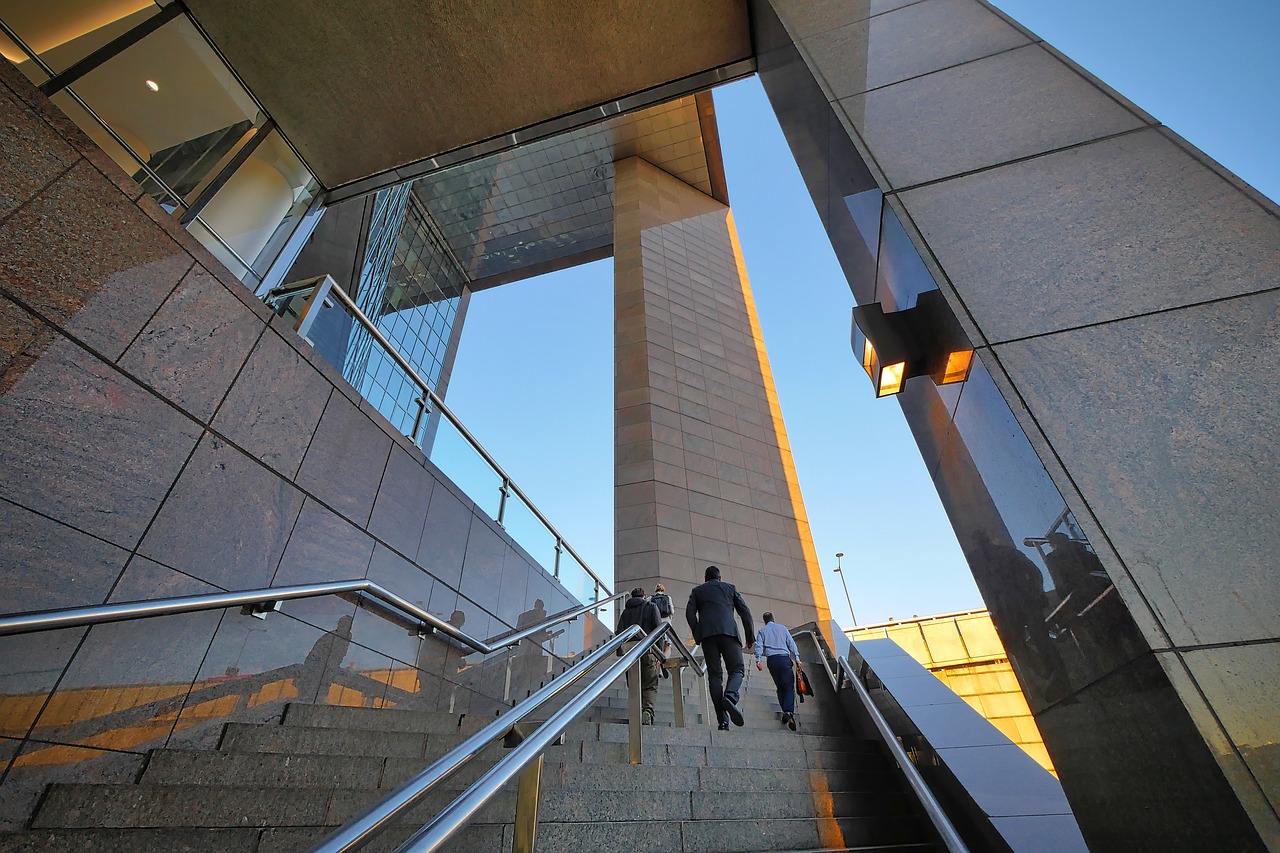
The Bank of England has issued an apology for historic ties to slavery, becoming the latest among British companies to apologize for the connection.
The Bank of England is the latest among several British companies that acknowledged their ties to slavery this week and pledged support to black and minority ethnic communities.
They were listed in a University College London database exploring the legacies of British slave ownership, which contributed a significant amount to the country's wealth.
Slavery and wealth creation in Great Britain
Historic England, an executive non-departmental public body, stated that between 1640 and 1807, Great Britain enslaved 3.1 million Africans, transporting them to colonies globally.
The National Archives indicated that many of these slaves were taken to the Caribbean to become sugar plantation workers, making their owners rich through the export of sugar, molasses and rum.
In 1833, colonial slavery was abolished but the government paid £20 million to compensate slave owners, while the former slaves received nothing. Historic England estimates its current value to approximately £16.5 billion.
In the recent Black Lives Matter protests across the UK, demonstrators tore down a statue of seventeenth century slave trader Edward Colston and called out for the removal of other similar monuments.
University College London said: "The slave-owners were one very important means by which the fruits of slavery were transmitted to metropolitan Britain."
Bank of England's slavery link
The university's database revealed that several former Bank of England governors and directors were slave owners and when slavery was abolished, they received compensation of up to several thousand pounds in some cases to free their slaves.
A spokesperson for the Bank of England pointed out that the eighteenth and nineteenth century slave trade was an "unacceptable" part of English history and apologized for the role played by the bank's former governors and directors.
The spokesperson assured that Bank of England will take down images on display of former governors and directors who were involved in the slave trade.
The Church of England's director of cathedrals and church buildings, Becky Clark, said churches and cathedrals are examining how they can address the issues raised by Black Lives Matter regarding the monuments.
Clark said alteration or removal of monuments would be possible but this must be done "safely and legally."
A spokesperson for the Church of England said: "Slavery and exploitation have no place in society. While we recognize the leading role clergy and active members of the Church of England played in securing the abolition of slavery, it is a source of shame that others within the Church actively perpetrated slavery and profited from it."
Other firms that issued apologies
The world’s oldest insurance market, Lloyd’s of London, and pub chain Greene King released statements apologizing for their historic ties to slave trade and offered to provide new financial support to black and minority ethnic groups.
Lloyd’s of London stated: “Lloyd’s has a long and rich history dating back over 330 years, but there are some aspects of our history that we are not proud of.”
“In particular, we are sorry for the role played by the Lloyd’s market in the eighteenth and nineteenth Century slave trade. This was an appalling and shameful period of English history, as well as our own, and we condemn the indefensible wrongdoing that occurred,” it added.
On the other hand, Greene King chief executive officer (CEO) Nick Mackenzie said: “It is inexcusable that one of our founders profited from slavery and argued against its abolition in the 1800s.”
“Today, I am proud that we employ 38,000 people across the UK from all backgrounds and that racism and discrimination have no place at Greene King,” Mackenzie added.
The chief executive said the pub chain, which was acquired last year by a company owned by Hong Kong billionaire Li Ka-shing, is planning to make a “substantial investment” to benefit the black and minority ethnic community and support race diversity in its business.






